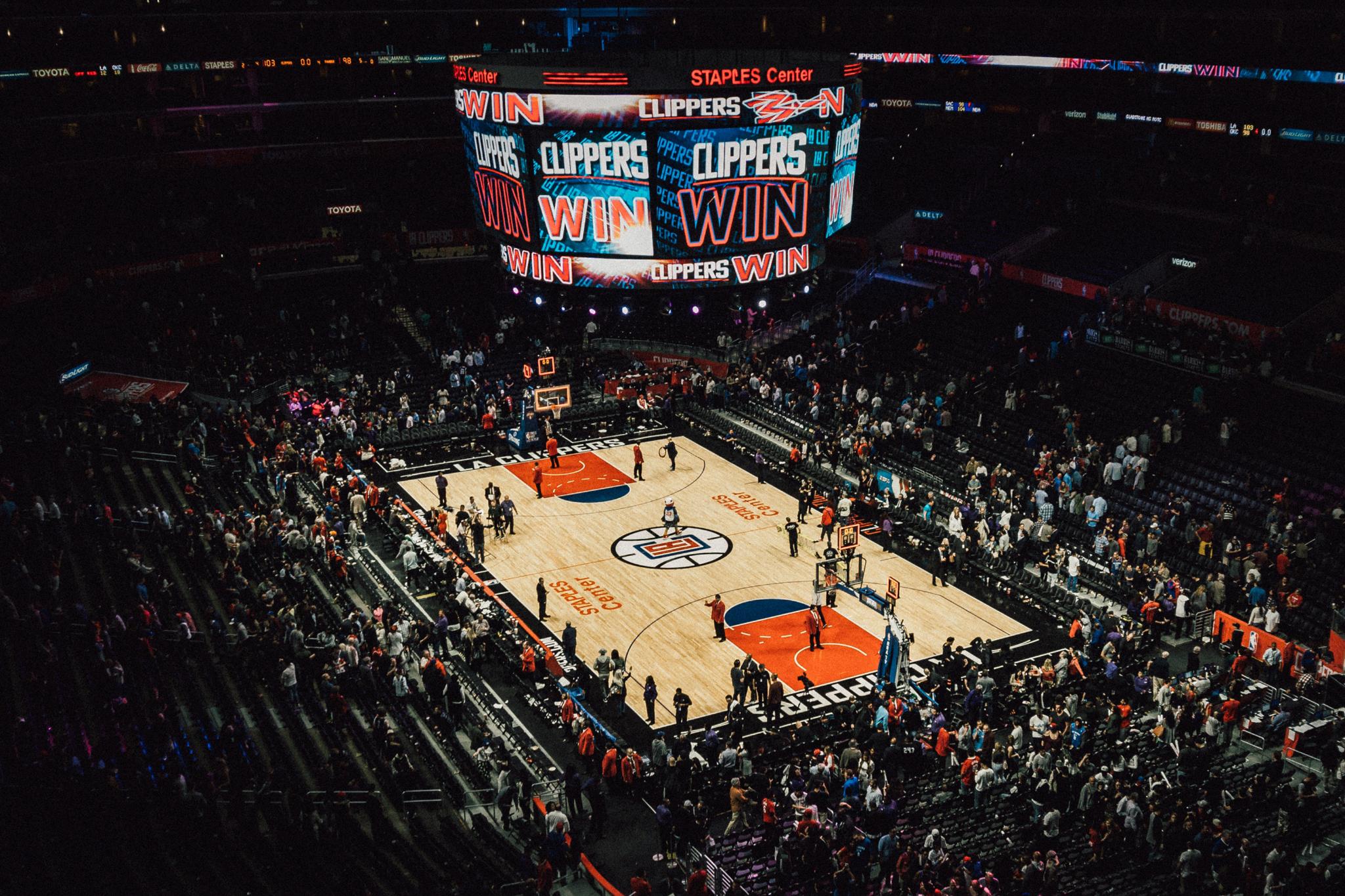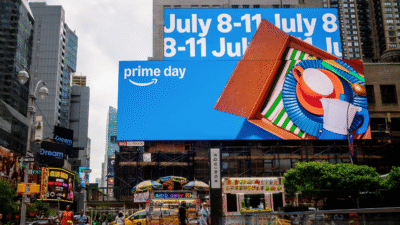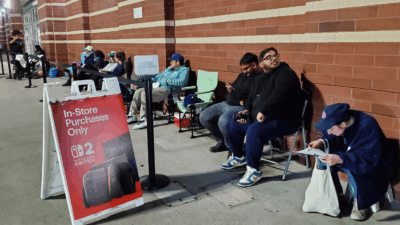NBA Gears Up For Major Media Contract Negotiations
The National Basketball Association is on a full-court press to secure its next round of broadcast rights.

Sign up for smart news, insights, and analysis on the biggest financial stories of the day.
The National Basketball Association is on a full-court press to secure its next round of broadcast rights, but the other team’s injured list is growing longer by the day.
Regional sports networks (RSNs) that air local games are in freefall, just as the media conglomerates that own national rights — Disney (via ESPN and ABC) and Warner Bros Discovery (via TNT) — prepare for a new era of penny-pinching. According to a Wall Street Journal report Wednesday, the headwinds double-team is forcing the league to get creative ahead of what it expected to be its next big payday.
The Content Boomshakalaka
A lot has changed since the league’s last negotiated national media rights a decade ago. NBA revenue has more than doubled, notching more than $10 billion in 2022. In that same time, live sports became the media world’s MVP as one of the few reliable generators of eyeballs and attention. Even amid falling ratings, the NBA could potentially triple its asking price, David Levy, former president of Turner who negotiated the league’s deal with TNT in 2014, told the WSJ — which could make a decade-long deal worth some $78 billion.
The problem? Finding someone willing to pony up:
- Diamond Sports, owner of the Bally Sports RSNs that air local NBA games in over a dozen markets, has essentially gone bankrupt paying the bills for its local sports contracts as accelerated cable cord-cutting devoured revenue.
- On the other hand, even if ESPN and TNT opt for fewer national games at a slimmer price tag, plenty of buyers may be willing to fill the void. Apple and Amazon have both expressed interest, as has NBC — a godsend to fans of 1990s basketball and the greatest sports broadcasting theme song of all time.
Rest Up: As it prepares to tip off the new season next week, the league has generated headlines with new policies to ensure its most popular players actually lace up. Of the league’s top 50 scorers last season, only 12 played more than 70 of the 82 regular season games, due in part to “load management,” or teams intentionally resting star players. “Yes, it’s the case that because we’re negotiating TV deals in the next year or two here, [load management] takes on even greater importance,” Evan Wasch, the NBA’s executive VP of basketball strategy and analytics, recently told The Athletic. So sure, you’ll have to do a lot more channel flipping in the future to find some hoops. But at least your favorite players will actually be on the court.











